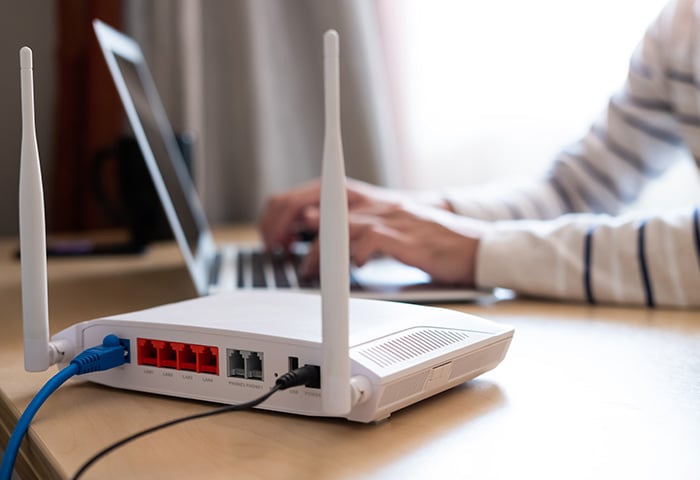As we close on the chaos that was 2019 and dive headfirst into a new year, web inventor Tim Berners-Lee has a bold new plan. He wants to save the internet.
It’s been 30 years since one of the greatest modern inventions changed the way our world operates. Thirty years. Seems like a lifetime ago that we couldn't pick up a smart phone and google an answer, video call a friend in Australia, or stream our favorite TV show en route to work. How did we cope?
As the internet has grown over these past decades, so has the level of demand, greed, and the ability to use it as a manipulation tool. Government restrictions, data mining, misinformation, and censorship have made it a tricky time to navigate between the lines.
Berners-Lee has devised a contract that he calls‘ a roadmap to build a better web’; one that accommodates a new and different world. His main goal? To use this contract to stop anyone and everyone who uses the internet around the globe from abusing it.
So what’s the plan?
In a bid to put a stop to these issues, a detailed plan has been devised that involves governments, companies, and citizens working together. The contract lays out a guide to digital policy agenda to adhere to. Representatives from over 80 world organizations with big guns like Microsoft, Twitter and Google included, worked with Berners-Lee to come up with the proposal, but in order for it to work, everyone needs to be fully on board.
It’s a pretty lengthy document, but one that’s worth knowing about. We’ve summed up some of the key facts on who needs to do what for you right here. Which also means you don’t have to read the whole thing. Bonus.
Governments
-
Ensure everyone has online access
By looking at access points, data, and broadband charges to make sure
-
-
everyone can get online and
-
the cost doesn’t exceed a certain limit in relation to earnings. In a nutshell, affordable for all.
-
Provide access to all of the internet, all of the time
Could this be the end of censorship? A great deal of governments currently block access to particular information. While not binding, is this at least a step in the right direction to put an end to it?
-
Protect users’ online privacy and data
Provide users the right to view their online data personas and control what information is shared about them, as well as (and this is a good one) encouraging governments to minimize their own data collection to the basic minimum. Unlike now.
Companies
-
Make the internet affordable and accessible
Taking into account factors such as underdevelopment, poverty, and gender, while working closely with governments to make sure access is a fair possibility for every person.
-
Maintain respect for privacy
Give their users crystal clear choice and control over how their information is used and what for.
-
Develop technologies designed to assist humanity
Keep it fair and good by respecting and supporting human rights as well as being held accountable for their own work. This one sounds simple, but it’s probably one of the most important parts of the whole contract.
Citizens
-
Be collaborative
Share and create information and content that’s open and inclusive to everyone.
-
Build respectful communities
Ensure that everyone online feels secure, safe, and welcome. Build bridges not walls, folks!
-
Fight for the web
Don't be afraid to make a stand for the internet, be vocal about what is fair and right, and push to hold companies and governments accountable for their actions.
Sounds pretty good right? But, how easy this will be to actually pull off is another thing. The contract itself has a great deal of organizations on the table that have pledged their allegiance, which is great. Google and Facebook are two of the biggest players to have been caught up in the spread of misinformation and public data violations, and they’re both on board. It’s a step in the right direction, yes, but what comes next?
The contract has every best intention at its core, but it’s not legally binding. Which means it doesn’t quite matter who’s on board, they can’t be held accountable until it is. The contract does propose framework for national laws to be changed and governments such as France and Germany have offered their support. But, until it’s a legally binding contract, there are no consequences for not complying — even if your names on the list. So, for now, I guess we wait and see…
Okay, so what can I do right now?
Educate yourself on how you’re tracked online and what you can do to protect yourself. Check your facts and check them again. Your sources too. If something seems too good to be true, chances are, it is. We suggest getting to know the gritty details behind controversies like Deepfake videos, learning how to spot reliable sources, as well as hot topics like pharming, data breaches, and phishing. Getting yourself a VPN is a step in the right direction to protecting yourself online and is also a way to get around censorship.
And in the meantime, let’s hope 2020 really is the year we save the internet. Fingers crossed.







%20-%20refresh/Signal-What-is-streaming-Thumb-refresh.jpg)







